- BudgieKong : There are no superb owls at the superbowl
- 10
- 22
It might work better than the  streams if you don't want to pay the TV people or use youtube TV (frick youtube TV).
streams if you don't want to pay the TV people or use youtube TV (frick youtube TV).
- 16
- 61
Braids were more than just style during slavery. Enslaved people used braids to communicate escape routes. pic.twitter.com/lg4DERyiSt
— Judah🦁 (@BachirSoHumble) February 8, 2025
For some reason nobody is buying it. It's like they don't even believe lived history. 
- 38
- 53
...the true America, the Spanish America. Ruins, mendicants, racial degradation, the haphazard mixture of all kins of blood, vagabonds playing guitar... naked children, little savages running everywhere amongst dogs... All of it in an admirable state of Nature.
-- Gaston de Raousset-Boulbon
wrong
--
@Impassionata and
@Monke
This will be my second effortpost about a person, or rather a number of people. In honor of Trump's threats/hopes for a Panamanian misadventure  and the pearl clutching it has inspired
and the pearl clutching it has inspired 
Filibustering is a pretty esoteric topic so there aren't many relevant rDrama quotes to share. Instead I've decided to collect some overly dramatic dramatard musings on Trump's recent headliners in the hopes of starting drama in the comment section 
This effortpost is dedicated to 19th century American filibustering in Latin America. It was a time before drones and carrier groups. A time before the DOD. A time where a young America, completely and entirely without the luxuries of a modern superpower, was still willing to just grab the boys and some rifles and have an adventure  A time where we believed in our young republic enough to try and save the Spaniards from themselves and create,
A time where we believed in our young republic enough to try and save the Spaniards from themselves and create,
THE GOLDVN CIRCLE
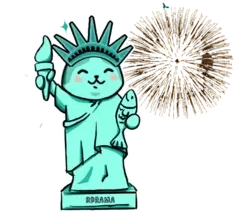
Filibustering
--
@65364254
Also known as freebooting, filibustering of the 19th century was a phenomenon in which mercenary groups operating under their own initiative  invaded foreign countries in Latin America to bring them
invaded foreign countries in Latin America to bring them into the light of civilization under American influence. These expeditions were not condoned or sponsored by the US government, but could theoretically have led to official recognition in the event of success, such as when William Walker's brief control of Nicaragua was recognized by President Franklin Pierce.
The word was derived from the Spanish filibustero, itself deriving originally from the Dutch vrijbuiter (pirate, @kaamrev
@duck discuss) originally used by the Spanish to describe the English pirates raiding their towns and shipping. Sir Francis Drake stands as one example as he, like Trump, also had an interest in Panama
 He went as far as to raid it and other settlements along the Spanish Main.
He went as far as to raid it and other settlements along the Spanish Main.
As the eternal culture war between England and Spain has been inherited by their successor states, "filibustering" was revived in the early 19th century as a variety of mercenaries took up arms against Spanish colonial forces in Latin America and for a variety of reasons. Perhaps the beginning of it all occurred in 1806 when Francisco de Miranda, a Venezuelan who served in and was inspired by the American and French Revolutions, attempted to win early Venezuelan independence with an army including American volunteers recruited from New York. (And for that matter the later and more successful campaigns of Simon Bolivar and Jose de San Martin also made use of Protestant, English speaking volunteers) Further volunteer campaigns at the expense of Catholic Mediterraneanoids would go on to define the century.
In this post I shall list off some of the most dramatic of these individuals. I hope you guys like "Did you know"s  Exampe: Did you know the modern term for congressional filibustering was named after the 19th century practice due to its independent, "free wheeling" nature?
Exampe: Did you know the modern term for congressional filibustering was named after the 19th century practice due to its independent, "free wheeling" nature?
William Walker
--
@Miffin
Did You Know That: An American was (unofficially) the President of Nicaragua, Sonora, and Baja?
William Walker was a Nashvilloid 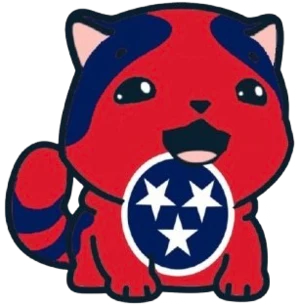 who graduated summa c*m laude from the University of Nashville at the age of 14. At 19 he received a medical degree from the University of Pennsylvania, then continued his studies at Edinburgh, Scotland and Heidelberg, Baden-Württemberg. He practiced both medicine and law for a few years before becoming editor of the San Francisco Herald, where he fought three duels including a near fatal one against notorious Old West gunman William Hicks Graham. Inspired by how Texas had broken away from Mexico to join the Union, he decided one day he could potentially do the same with the Mexican state of Sonora
who graduated summa c*m laude from the University of Nashville at the age of 14. At 19 he received a medical degree from the University of Pennsylvania, then continued his studies at Edinburgh, Scotland and Heidelberg, Baden-Württemberg. He practiced both medicine and law for a few years before becoming editor of the San Francisco Herald, where he fought three duels including a near fatal one against notorious Old West gunman William Hicks Graham. Inspired by how Texas had broken away from Mexico to join the Union, he decided one day he could potentially do the same with the Mexican state of Sonora 
In other words going to college used to make you cool 
In 1853, Walker and forty five men captured La Paz and declared it the new capital of "The Republic of Lower California". Mexican resistance prevented him from going any further, and he retreated back to California to be tried in violation of the Neutrality Act of 1794. In the era of Manifest Destiny, however, Walker's actions were popular and the jury took just eight minutes to acquit him 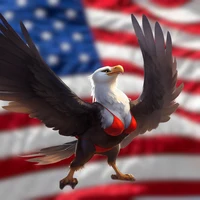
In 1854, a civil war erupted in Nicaragua, and Walker arrived in 1855 with a larger mercenary army in alleged support of Francisco Castellón's Democratic Party. Commanding Democratic locals as well as volunteers including future Confederate officers and European adventurers with veterancy in conflicts like the First Carlist War, Hungarian Revolution, and the Russo-Circassian War (I think it was just easier to meet people back then  ) Walker's forces captured Granada and took effective control over the country. Walker's new administration was recognized at the time by 14th US President Franklin Pierce.
) Walker's forces captured Granada and took effective control over the country. Walker's new administration was recognized at the time by 14th US President Franklin Pierce.
All of Central America united against one honky tonker? 
Walker's initial success alarmed the nations of Central America, and a coalition of Costa Rica, Honduras, El Salvador, and Guatemala ultimately came together to oppose him. They were further financed and supported by industrialist Cornelius Vanderbilt, as Walker had seized some of his ships and railroads in the region. (!americas have Napoleonic Wars at home  ) Major moments include almost ten percent of Costa Rica's population dying from cholera and Guatemalan Colonel José Víctor Zavala becoming a national hero after stealing a flag from Walker's house
) Major moments include almost ten percent of Costa Rica's population dying from cholera and Guatemalan Colonel José Víctor Zavala becoming a national hero after stealing a flag from Walker's house
Pressure from hardworking Central Americans eventually forced Walker to flee the country with the US Navy. He returned to America and became a divisive figure; a pirate in the north, but a hero in the south who inspired the idea of increasing slave state political influence by potentially spreading !dixie control into the Spanish tropics. 
In 1860 Walker tried to launch another expedition and made his way to Roatán, supposedly because British colonists there wanted help against the Honduran government. However, he was turned over to the British Navy. The British, like the  of today, desired to build a canal through Central America and viewed Walker as a threat to their interests. They handed him over to Honduras where he was tried for piracy and fiibustering. In his defense he argued that piracy can't take place on land and that "filibustering" was a made up Spanish word
of today, desired to build a canal through Central America and viewed Walker as a threat to their interests. They handed him over to Honduras where he was tried for piracy and fiibustering. In his defense he argued that piracy can't take place on land and that "filibustering" was a made up Spanish word 
He was executed by firing squad
John A. Quitman
Like many other great southerners, John Quitman was a lawyer with a degree from Hartwick back when it was a Lutheran seminary. He owned several plantations and a dairy farm  He generally thought relations between masters and slaves were "harmonious" because he was too busy serving in the Mississippi state government and fighting in Mexico to personally oversee any of his properites
He generally thought relations between masters and slaves were "harmonious" because he was too busy serving in the Mississippi state government and fighting in Mexico to personally oversee any of his properites 
Quitman was an officer during the Mexican-American War and his troops spearheaded the attack at the Battle of Chapultepec, an engagement memorialized to this day in the opening line of the Marine Corps Hymn (what @HailVictory1776 pretends to be
 ) Quitman received the surrender of the citadel in Mexico City and became military governor there for the duration of the occupation. He stands as the only American to rule from the National Palace
) Quitman received the surrender of the citadel in Mexico City and became military governor there for the duration of the occupation. He stands as the only American to rule from the National Palace
America could've acquired Cuba decades before the Spanish-American War?
While serving as Governor of Mississippi, Quitman was approached by yet another Venezuelan adventurer, Narciso López, to support an armed liberation of Cuba from Spanish rule. Quitman wished to complete his term in office but raised supplies and funds for the expedition.
Having failed to get direct American support (some of Lopez's other prospects for command included Jefferson Davis and Robert E. Lee) Lopez led the assault on Cuba himself. He stands as the creator of the modern Cuban flag and was the first to ever raise it 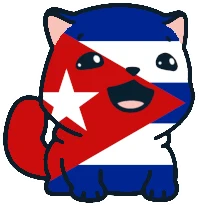 He was ultimately defeated and executed. Ironically he went down as both a Cuban national and dixie southerner hero as he never clarified whether he wanted full Cuban independence or an American annexation.
He was ultimately defeated and executed. Ironically he went down as both a Cuban national and dixie southerner hero as he never clarified whether he wanted full Cuban independence or an American annexation.
Quitman was prosecuted for violating the Neutrality Act and had to resign as governor, but escaped punishment thanks to multiple hung juries  So close to the American civil war, filibustering had evolved into yet another polarizing conflict between the north and south. Walker's instatement of slavery in Nicaragua led to an epiphany among southerners, realizing that conquest in the south would allow for the spread of slavery; new lands to own, new crops to grow, new votes for slave states in the federal government, etc. Control of Cuba was especially desirable since the island already had developed plantation infrastructure. Lastly, the annexation of Texas had already "proven" how Anglo settlers could win land from the Spaniard barbarians and add it to the Union as slave holding territory
So close to the American civil war, filibustering had evolved into yet another polarizing conflict between the north and south. Walker's instatement of slavery in Nicaragua led to an epiphany among southerners, realizing that conquest in the south would allow for the spread of slavery; new lands to own, new crops to grow, new votes for slave states in the federal government, etc. Control of Cuba was especially desirable since the island already had developed plantation infrastructure. Lastly, the annexation of Texas had already "proven" how Anglo settlers could win land from the Spaniard barbarians and add it to the Union as slave holding territory 
Apparently quite inspired by Lopez's actions, Quitman attempted to organize his own filibustering invasion of Cuba. He had thousands of volunteers ready to go when in 1854 the Pierce administration, previously willing to look the other way, urged him to call it off. As the country was now within a decade of the Civil War, perhaps it was believed such a major undertaking to add so much slave holding territory would have been too upsetting to the northern Democrat's position and too much of a provocation towards the free states.
Other Filibusterers
There were filibusterers among the Founding Fathers?
--
@fedposter
Backing up a bit, some 18th century attempts at expansionism can be considered filibustering. The difference is whether the activities were successful or not i.e. the Louisiana Purchase wasn't considered filibustering because it was entirely official 
William Blount was a landowner, politician, and Revolutionary War founding father who negotiated the 1791 Treaty of Holston against sphereserf's people  An aggressive land speculator, Blount fell into heavy debt and secretly conspired to help the British take control of Louisiana and Florida, both controlled at the time by Spain, in exchange for good land deals
An aggressive land speculator, Blount fell into heavy debt and secretly conspired to help the British take control of Louisiana and Florida, both controlled at the time by Spain, in exchange for good land deals  The plan called for American territorial militias, with the aid of the British Royal Navy, to launch attacks across Spanish territory. The plot was found out and Blount became the first ever federal official to face impeachment.
The plan called for American territorial militias, with the aid of the British Royal Navy, to launch attacks across Spanish territory. The plot was found out and Blount became the first ever federal official to face impeachment.
Another example of the period that also involved Florida, Congressman and Governor of Georgia George Mathews' political career was ruined by the Yazoo Land Fraud and he relocated to the Mississippi Territory. Eager to regain prominence, Mathews suggested to President James Madison that Spanish western Florida could be annexed, and he was sent as a secret agent with "remarkably vague and general" instructions to incite rebellion among the Spanish populace.
Mathews was unable to take the territory peacefully and so raised an army of Georgians and locals to seize Fernandina Beach and Amelia Island. Madison grew skittish and suddenly refused to support Mathews' acquisitions, and he died from fever while traveling to DC to complain. Historians remain unsure whether Mathews was acting within Madison's mandate or not.
There were NCR Rangers in real life? 
A veteran of the Mexican war, Joseph C. Morehead was most known for leading a Californian militia in the Gila Expedition to attack the Quecha people  The State of California was nearly bankrupted by the $120,000 cost of the Expedition, which killed no Indians
The State of California was nearly bankrupted by the $120,000 cost of the Expedition, which killed no Indians 
He is said to have filibustered in Mexico in the 1850's, and a second time in the 60's while serving in the Confederate army. He did not succeed and died in 1863.
Mexicans once drank gringo head wine?
Henry A. Crabb was a US soldier, a member of the California state senate, a leader of the Whig Party, and an unsuccessful candidate for the Know Nothing Party in 1857. After losing in California politics, he organized an expedition to support to aid the Liberal rebels in Mexico's ongoing Reform War. Like Walker before him he targeted the state of Sonora but was defeated and captured. He and the other survivors were massacred, and a Mississippi newspaper would claim the Mexicans preserved his head in spirits of wine before sending it to Mexico City.
Filibusterers were part of Texan independence? 
--
@JimieWhales
The independence and annexation of Texas into the Union can, as a whole, be seen as a successful act of filibustering. It would heavily inspire further attempts at increasing southern slave holding territory.
More specifically, West Point graduate Augustus Magee participated in filibustering way back in 1812 by joining Bernardo Gutiérrez de Lara's Mexican independence movement with an army of American frontiersman and French creoles  The Gutiérrez–Magee Expedition served as an early example of American interests in the region, though ironically it was fighting on behalf of and to help create Mexico.
The Gutiérrez–Magee Expedition served as an early example of American interests in the region, though ironically it was fighting on behalf of and to help create Mexico.
War of 1812 veteran and US army surgeon James Long was one of many southern settlers who disagreed with the United States/New Spain border agreed upon by the Adams–Onís Treaty, and in 1819 the Long Expedition captured Nacogdoches to proclaim an early "Republic of Texas". He was ultimately defeated, sent to Mexico City to present his case to Mexico's president, and was shot and killed by a guard 
From a Mexican perspective, the actual Texan Revolution of 1835 was part of a larger crisis in which several Mexican territories challenged the central government for one reason or another . A particularly ironic one involved José de Urrea, a Mexican officer and the perpetuator of the Goliad Massacre against the Texians, himself turning on Mexico's central government from a base of power in Sonora (Apparently that state is cursed lmao  )
)
After winning independence, the newborn Texan government supported the Republic of Yucatán's conflict with Mexico through naval forces and fought a number of battles in the Gulf (of America  ) to support the Mayanoid's own independence. The Republic of Texas also sent a few boats to support the Tabasco Rebellion in 1839. Texas did not, however, support the Republic of the Rio Grande due to border disputes.
) to support the Mayanoid's own independence. The Republic of Texas also sent a few boats to support the Tabasco Rebellion in 1839. Texas did not, however, support the Republic of the Rio Grande due to border disputes.
Decades later, some filibuster-maxxers would support the idea of Cuban annexation by saying it could become as important to the south as Texas had become.
Some Americans genuinely fought for local independence?
Not all filibusterers were fighting to literally spread the United States. Some genuinely believed in the ideological importance of independent republics, while others simply had no local American wars to earn their fame in. Americans participated in a number of Latin American local conflicts over the time period.
Son-in-law of John Adams and brother-in-law of John Quincy Adams, William Stephens Smith was convinced to support Francisco de Miranda's attempt at Venezuelan independence with a force of 200 men, including his own son William Steuben. Though he created Venezuela's modern flag and was an inspiration for Simon Bolivar, Miranda's army was defeated and Smith was tried for violating the Neutrality Act. He argued that President Thomas Jefferson had ordered him to do it, leading to a US Supreme Court decision that a president cannot order someone to violate the law.
In the post Civil War era, William A.C. Ryan was a Canadian born Union veteran who was dishonorably discharged from the army and barred from all veteran benefits. He went on to participate in the Ten Years' War, Cuba's first serious struggle for independence. He fought under the mambises and served on American ships that contributed to the cause.
The Spanish navy eventually went after these ships, and Ryans was captured by a torpedo boat while on the ill-fated Virginius. The Spanish executed him and a few dozen others as pirates before the British intervened. The Virginius Affair was a major provocation between the US and Spain and led to a modernization and expansion of the US Navy. Meanwhile, the participation of American filibusterers throughout demonstrates a sort of continuity between antebellum filibustering traditions and the expansionism of the later 19th century.
I sympathize with the Cubans in their gallant efforts on behalf of liberty and I, being an American, feel it necessary to do what I can to separate entirely this continent from Europe.
-- William A. Chanler
Going into the 20th century, William A. Chanler was a soldier and explorer who served as a US Representative from New York. Believing it was an American's obligation to support independence from colonial powers across the world 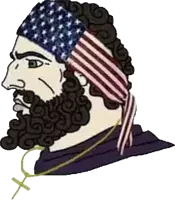 His Americas activities included participation in the Spanish-American War and a 1902 insurrection in Venezuela. Approached by a group of Dutch
His Americas activities included participation in the Spanish-American War and a 1902 insurrection in Venezuela. Approached by a group of Dutch  investors to stage a rebellion against President Cipriano Castro, Chanler bookended the era by raising an army of "desperadoes, soldiers of fortune, cattle rustlers, bank robbers, gamblers, Indian scouts and fugitives", with some hailing from the pro-Confederate Quantrill's Raiders and others rustled up by his acquaintance Butch Cassidy
investors to stage a rebellion against President Cipriano Castro, Chanler bookended the era by raising an army of "desperadoes, soldiers of fortune, cattle rustlers, bank robbers, gamblers, Indian scouts and fugitives", with some hailing from the pro-Confederate Quantrill's Raiders and others rustled up by his acquaintance Butch Cassidy 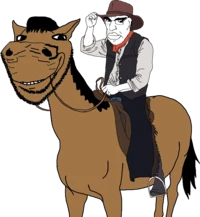 Chanler's army landed in Venezuela and marched inland, calling off the attack only after Castro acceded to demands and ended the crisis. The investors rewarded Chanler by letting him borrow money
Chanler's army landed in Venezuela and marched inland, calling off the attack only after Castro acceded to demands and ended the crisis. The investors rewarded Chanler by letting him borrow money  , and he used it to build infrastructure in Tampico, Mexico and fund rebellious activity in Libya and Somalia. (At one point he even entertained Chinese revolutionary Sun Yat-sen and members of the Young Turks aboard his yacht)
, and he used it to build infrastructure in Tampico, Mexico and fund rebellious activity in Libya and Somalia. (At one point he even entertained Chinese revolutionary Sun Yat-sen and members of the Young Turks aboard his yacht)
It wasn't just America that hated Spaniards? 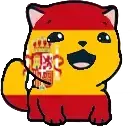
I shake the hands of the white libertarians, heirs of Lincoln and of the black and white peasant boys of the USA, before whose graves I cried and prayed on a battlefield, which I reached, after walking the mountains of Italian Tuscany and after being saved from Covid. They are the USA and before them I kneel, before no one else. Overthrow me, President, and the Americas and humanity will respond. Colombia now stops looking north, looks at the world, our blood comes from the blood of the Caliphate of Córdoba, the civilization at that time, of the Roman Latins of the Mediterranean, the civilization of that time, who founded the republic, democracy in Athens; our blood has the black resisters turned into slaves by you. In Colombia is the first free territory of America, before Washington, of all America, there I take refuge in its African songs. My land is of goldsmithing existing in the time of the Egyptian pharaohs, and of the first artists of the world in Chiribiquete. You will never dominate us. The warrior who rode our lands, shouting freedom and who is called Bolívar opposes us.
-- Colombian President Gustavo Petro

The aforementioned Narciso Lopez was just as prominent a filibusterer as Walker and Quitman, though not really an American one. A Venezuelan who went from Spanish army to Cuban nationalist, Lopez actually fought as a conscript for the Spanish government against the revolutionary forces of Bolivar and retreated to Cuba following Spain's total defeat in South America. Lopez stayed in the army and became an officer, even fighting in the Carlist War within Spain proper. He became an assistant to the Capitan General of Cuba but was financially ruined after that position changed hands, causing him to side with Cuban partisans (out of spite?  )
)
Lopez travelled to the United States and became an unlikely dixie hero by appealing to filibusterers at the height of the practice's popularity. Lopez joined the Freemasons, won funding from a variety of plantation owners and army officers, and used the money to amass an army of Cuban exiles for an invasion. He was defeated and executed by the Spanish.
Funnily enough, Lopez went down as both a Cuban national hero and a champion of American southern expansion. Having lost, he never had to clarify whether he intended for a new southern state or an independent republic.
--
@BWC
Gaston de Raousset-Boulbon was a French entrepreneur/pirate who served in France's gradual conquest of Algeria. Frustrated by the Revolution of 1848, he made his way to America and tried to make his fortune as a gold prospector. Already worried about the fading importance of the old nobility in France, he was especially annoyed that the people of San Francisco didn't respect his title of Count. (They were too busy with Emperor Norton)
Like so many others, Raousset-Boulbon decided to invade -- get this, Sonora  -- and create a French aligned independent republic. He was defeated by Mexican forces under José María Yáñez, a veteran of the Pastry War against France who would also thwart William Walker's attack, and executed.
-- and create a French aligned independent republic. He was defeated by Mexican forces under José María Yáñez, a veteran of the Pastry War against France who would also thwart William Walker's attack, and executed.
He was only a few years early, as the actual French government would come for Mexico in 1861. Raousset-Boulbon's remains were eventually found by French soldiers and returned to Europe.
Gregor MacGregor was a  but Scottish who served as an officer in the Peninsular War against Napoleon. He fought as a filibusterer in Venezuela's war of independence and spent the next several years operating against Spain on behalf of them and Gran Columbia. He even briefly captured Amelia Island to create the short lived "Republic of the Floridas"
but Scottish who served as an officer in the Peninsular War against Napoleon. He fought as a filibusterer in Venezuela's war of independence and spent the next several years operating against Spain on behalf of them and Gran Columbia. He even briefly captured Amelia Island to create the short lived "Republic of the Floridas"
After suffering several defeats, MacGregor returned to Britain and became one of the most infamous conmen in history. He claimed to have created a colony in Honduras, "Poyais", that he ruled as Cacique. Claiming it was a well developed British colony, he sold fictitious government bonds and land certificates. Hundreds of people immigrated there to find an untouched strip of jungle, and only about fifty returned alive to Britain 
Exposed as a fraud, MacGregor travelled to France and tried the same scheme there. Only some of his associates were convicted and he escaped to London to try smaller versions of yet the same scheme. He stayed until his wife died, then returned to Venezuela to be hailed as a hero 
America could have saved the entire VVEST?
--
@JimieWhales
Though filibustering took many forms over the years, it is perhaps most closely associated with the antebellum south. Walker's actions inspired many southerners to plot the annexation of new lands as slave holding states. In an era where northern and southern interests heavily conflicted and the admission of every new state was a political crisis in miniature, slavery supporters hoped the conquest of the old Spanish Main would give the south permanent domination in federal representation.
To that end, the Knights of the GVLDEN CIRCLE formed in 1854 as a secret society to create slave holding, American dominated republics-annexed-as-states (like how Texas had been) around a nova mare nostrum in the Caribbean. In other words, the Gulf of America before it was cool 


In response to the Dred Scott decision of 1857, the increasingly extremists southerners began to advocate for full scale independence from the federal government. To this end, the Golden Circle would have become a single new country centered around Havana. Potential further conquests in South America and the Union aligned northeast and west were also discussed.
When the Civil War broke out, the GOLDEN CVRCLE more or less merged with Confederate interests and many of its members participated in the war. A radical paramilitary group called the Sons of Liberty  were linked to guerilla activities in Indiana, Iowa, Ohio, and Illinois and several members were executed as spies.
were linked to guerilla activities in Indiana, Iowa, Ohio, and Illinois and several members were executed as spies.
The Golden Circle's fate became one with the Confederacy itself and came to an obvious end following the Civil War. That said, had the Confederacy won, it may very well have adopted the order's ideas for its long-term foreign policy,
And the people of modern Panama could be watching the Chiefs-Eagles game with a Miller Lite in hand just like us non-Spaniards right now as part of the GVLDVN CVRCLV

There were many reasons for Filibustering?
--
@butthole
Besides that association with slavery, filibustering was also inspired by a simple desire for new lands. Filibusterers saw themselves as champions of America's "Manifest Destiny". The Texan Revolution in particular proved you truly could fill a Cathloid land with Anglo settlers and gradually transform it into a red-blooded All American good-ol'-boydom  Even some of the revolutionaries of the Latin American republics were inspired by that concept to pursue their own goals against European colonialism, with Narciso Lopez having even met John L. O'Sullivan, the journoid
Even some of the revolutionaries of the Latin American republics were inspired by that concept to pursue their own goals against European colonialism, with Narciso Lopez having even met John L. O'Sullivan, the journoid  who famously coined the term.
who famously coined the term.
In the smaller, more personal scale, filibustering offered individuals the chance to have a grand old, drunken adventure and earn their glory with the boys  It appealed to a sense of "martial manhood", especially for those just outside of the proper age ranges for the famous 19th century conflicts; War of 1812, Mexican-American War, Civil War, etc. The practice also offered cash flow for mercenaries and former military veterans whose careers had stalled or become ruined outright for one reason or another.
It appealed to a sense of "martial manhood", especially for those just outside of the proper age ranges for the famous 19th century conflicts; War of 1812, Mexican-American War, Civil War, etc. The practice also offered cash flow for mercenaries and former military veterans whose careers had stalled or become ruined outright for one reason or another.
Lastly, some Americans genuinely believed in the importance of opposing tyranny and helping all of the New World to achieve total independence from the Old  Thousands of Americans fought and died over the century under Latin American banners and for revolutionary conflicts entirely foreign to the US. Non-American examples of that also include Texans who fought to assist the Republic of the Yucatán and the British volunteers fighting under Simon Bolivar and Jose de San Martin.
Thousands of Americans fought and died over the century under Latin American banners and for revolutionary conflicts entirely foreign to the US. Non-American examples of that also include Texans who fought to assist the Republic of the Yucatán and the British volunteers fighting under Simon Bolivar and Jose de San Martin.
Filibustering was never supported by Presidents not named Madison or Pierce and gradually declined into the 20th century. Of course, official American expansionism was still alive and well and the country's rising power soon saw new annexations. It is perhaps fitting that the era is bookended with the Spanish-American War and the seizure of the last of Spain's imperial, New World holdings.
-
Arran
:

- BILLYBIGBOLLOCKS : silence jew
- DangerousBlackGuy : Donkey kong is a racist game for simpletons and coons
- c-3 : There are 12 active genocides happening at this moment and your FRICKING WORRYING ABOUT DONKEY KONG??
- 87
- 105
https://rdrama.net/post/338842/diddykongdancediddykongscaredkongmaxxing-event-badges-galore-return-of
!badgemaxxers refer to above thread
Also a sneak peek of something
Also if I can figure out how to stream from the steamdeck would you guys watch me play donkey kong
I'm not very good
There would be no voice or camera or anything literally just dkc2
- 80
- 81
I completely misremembered the Bill T-shirt joke and now I'm a day off 

NFL had their little award show/NFL Honors + Hall of Fame inductees. Sterling Sharpe is in the HoF now.
Previous Threads: week 18/MVP/Regular Season threads, Wildcard, Divisional, Conference Champs. There are 2 bets left pending the SB results.
Sunday 6:30 PM Eastern Time
Kansas City Chiefs - 436 bets
Philadelphia Eagles - 450 bets
Don't Click This - 117 bets
pings: !mensfootball !goomble !goomblers !bets @BILLYBIGBOLLOCKS
@Freak-Off
@Drippo
@SpudsMackenzie
more betting: https://rdrama.net/post/340823/real-superbowl-betting-thread-for-real
closed
- SnowBoundTape : Repost
- 9
- 7
- 6
- 8
haha this makes me uncomfortable
Go back to tinder ham planet.
...
Can't get even poorer than Cambodia.
Seems like a pretty racist statement. Are you against relationships that happen between countries? Next you'll say racemixing is bad for society.
Can't tell if this dudes baiting or not
You don't know how to read between the lines. The word poor would associate with economic status or money to break it down for you. Money. Understand? You probably still don't understand. Cambodia is poor in relative to the United States in terms of what their money can get around the world. As another person stated on here, "She speaks USD." There is only one race. It's the human race.

Figures you'd go to Cambodia to find a girl willing to settle for you while also satisfying your racial and ageplay kinks.
It's a popular destination for s*x tourists (particularly ones interested in minors).
Cry more
Anyone who responds with a snarl to concerns about paedophilia is probably a paedophile.


And saying "cry more" in a sub designed for men to sob over how lonely and unattractive they feel is just peak irony.
And saying anything genuine in response to a "cry more" comment is fricking r-slurred.
Not a ton of drama and reddit flame wars are pretty neutered and lame these days but this is one of my favorite subreddits to watch.
- 13
- 9
a bit smaller than john cazale's. i look good with my hairstyle but every once in a while, for no reason i'll look in the mirror and pull my hair up and i just feel like killing myself. legit hopeless atp. why would anyone ever want to date me 
- 3
- 7
What would you do in this situation? pic.twitter.com/hE92qLfURI
— Interesting As Fuck (@interesting_aIl) February 8, 2025









- 4
- 6
I just saw another at the superbowl pre game black woman band show and I'm really at a loss here. Why are they trying to look as ugly as possible? Is it some feminist thing? Why blonde, to get back at whitey? Why are most of them fat?
- 2
- 6
Like why make another Wu Long game ? People are tired of souls games and ancient China. Why not a game about chunks in space ?
Now playing: Lockjaw's Saga (DKC2).mp3






 For anyone wanting to watch the Super Bowl- Tubi will stream it for free. All you need to make an account is an e-mail (no need to even confirm it)
For anyone wanting to watch the Super Bowl- Tubi will stream it for free. All you need to make an account is an e-mail (no need to even confirm it)

 COMMUNITY NOTED
COMMUNITY NOTED





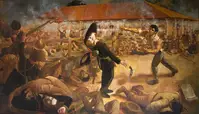




 🤝
🤝 
 Here's an effortpost on herstorical Filibustering: The times a bunch of drunken redneck hicks might have spread SUPERBOWL FREEDOM to the whole continent
Here's an effortpost on herstorical Filibustering: The times a bunch of drunken redneck hicks might have spread SUPERBOWL FREEDOM to the whole continent 
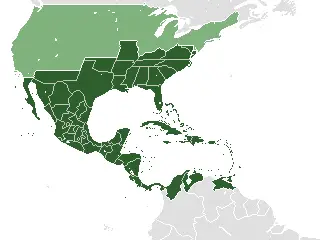
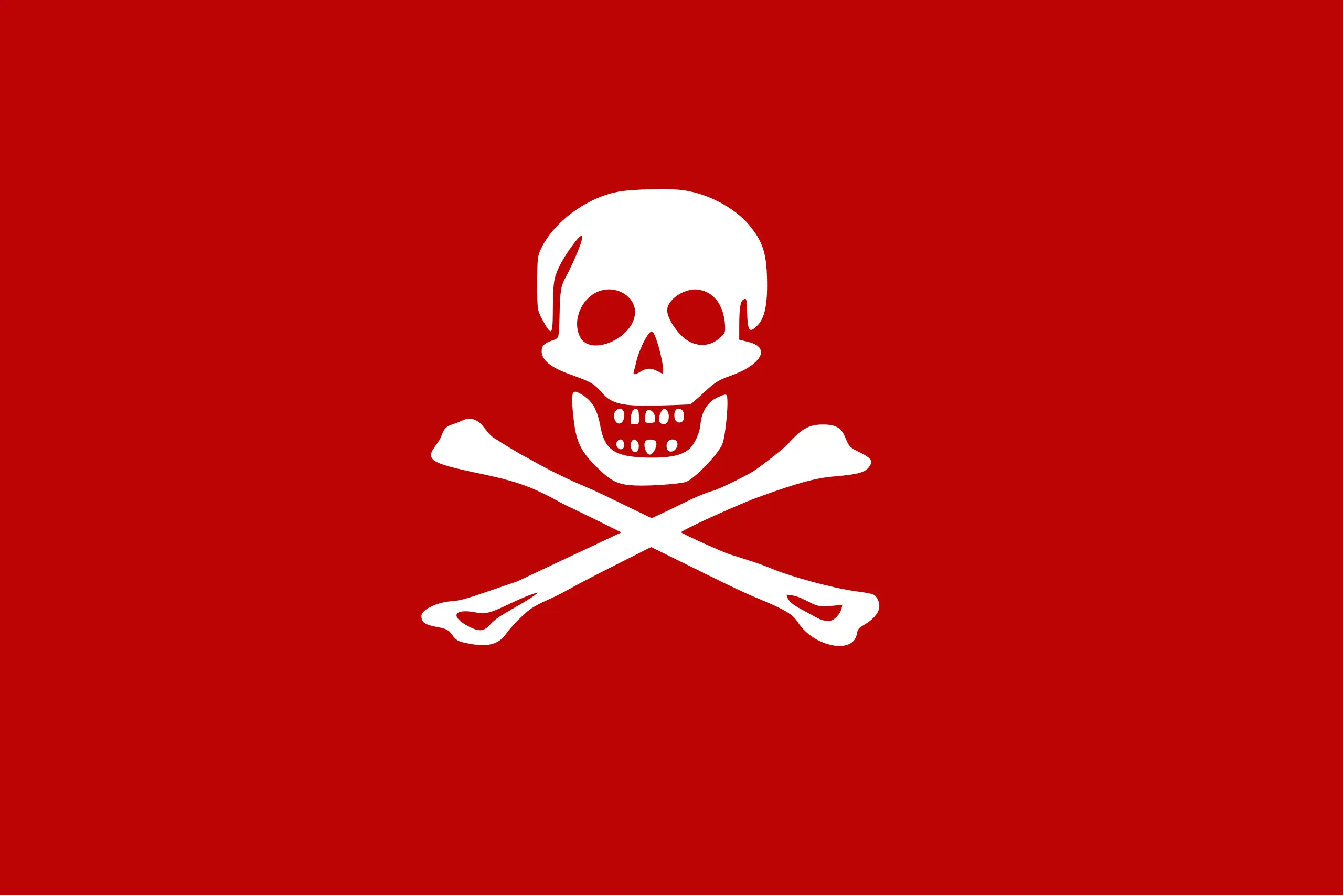
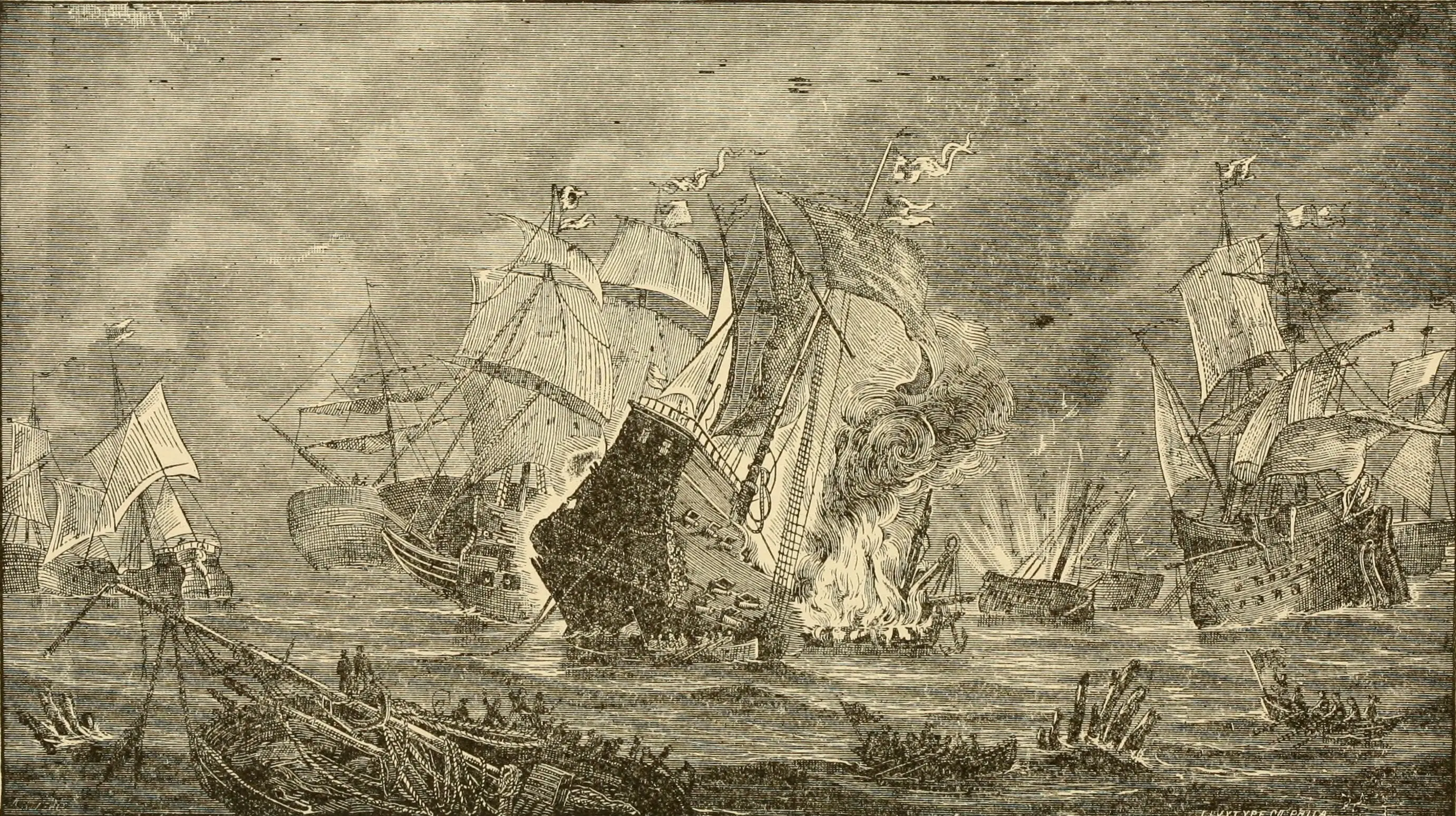

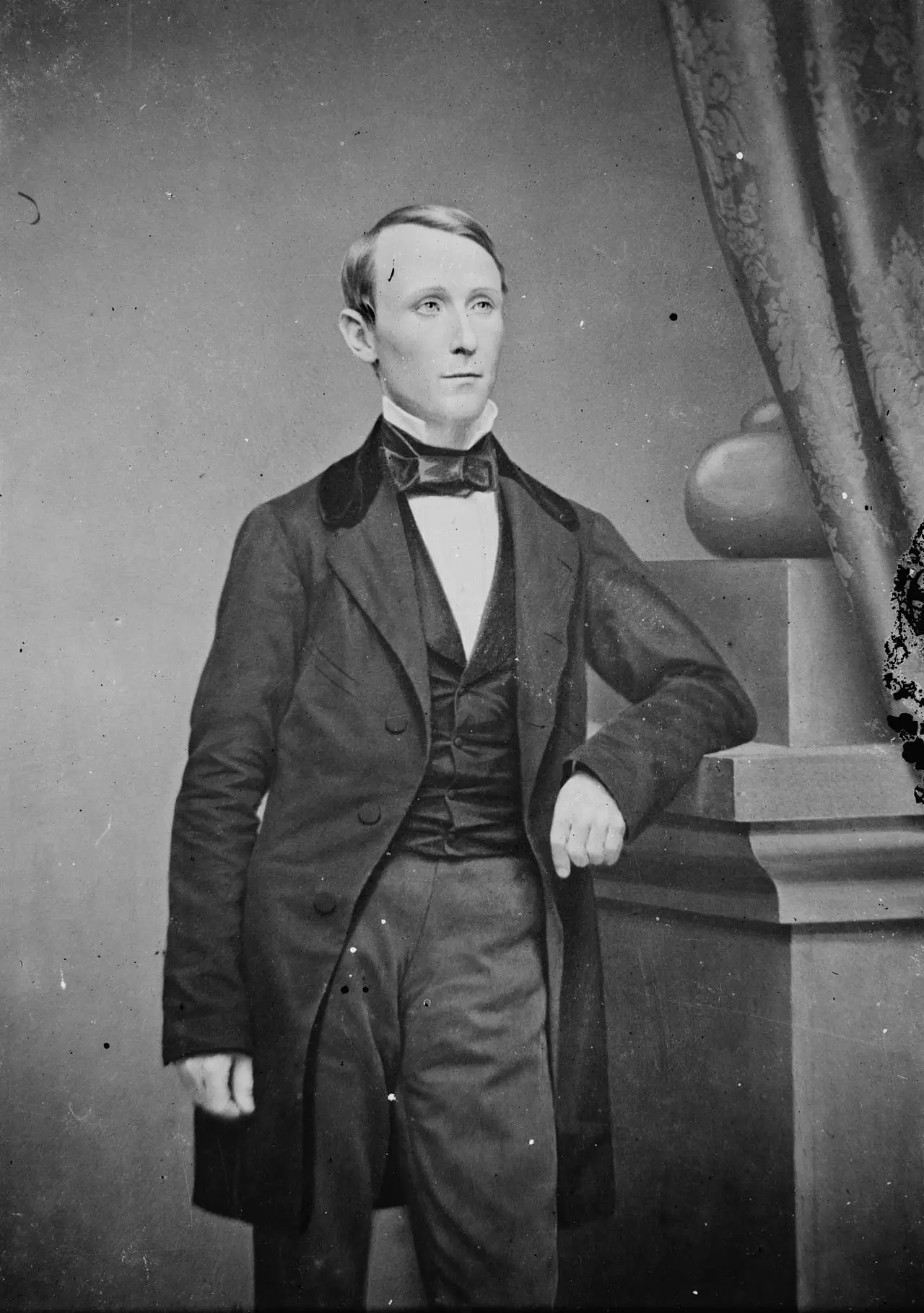
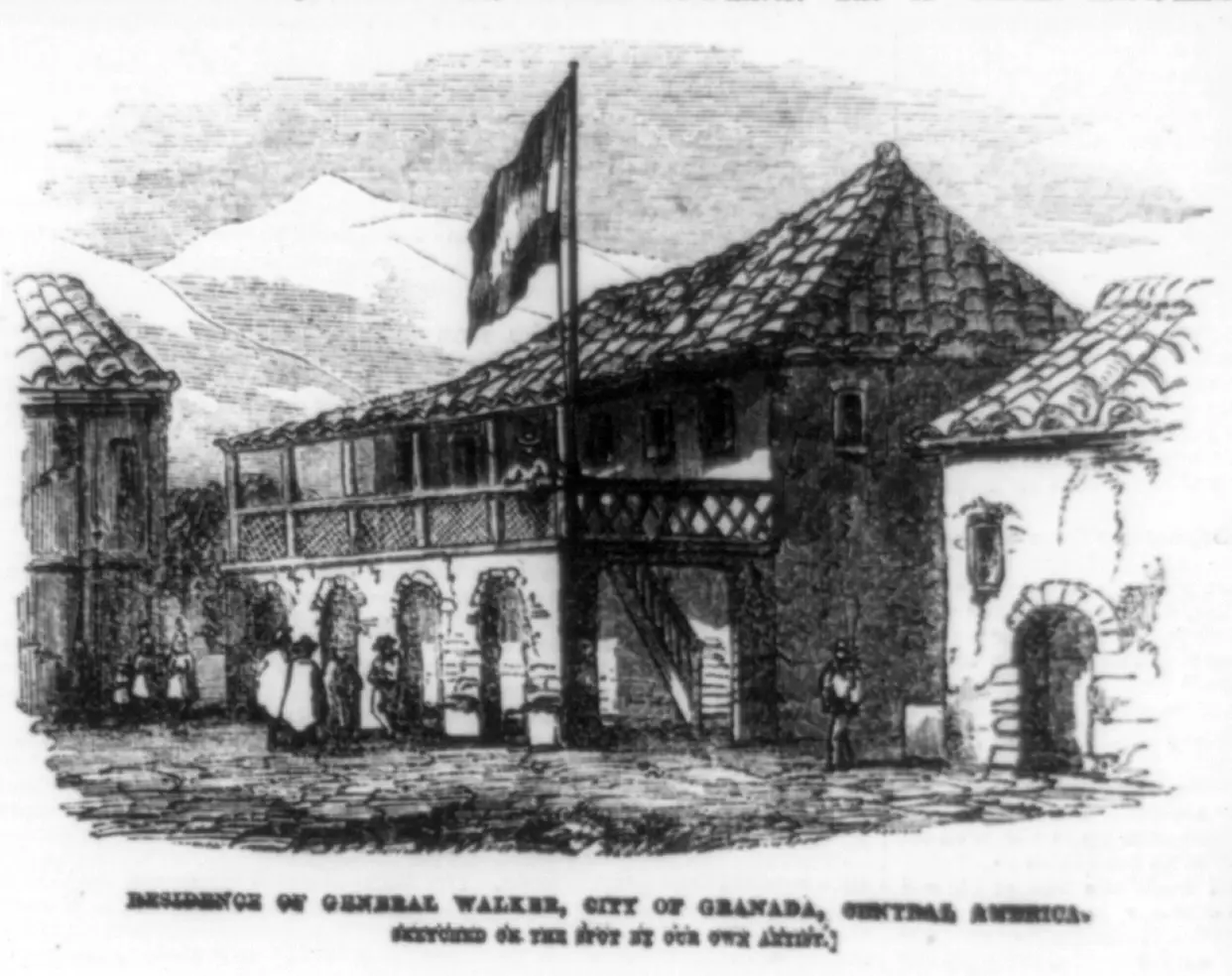
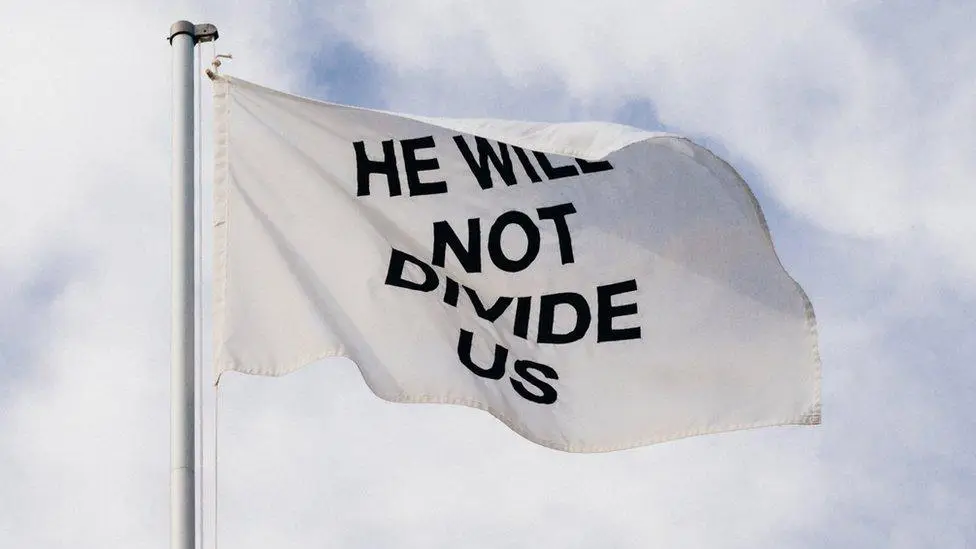
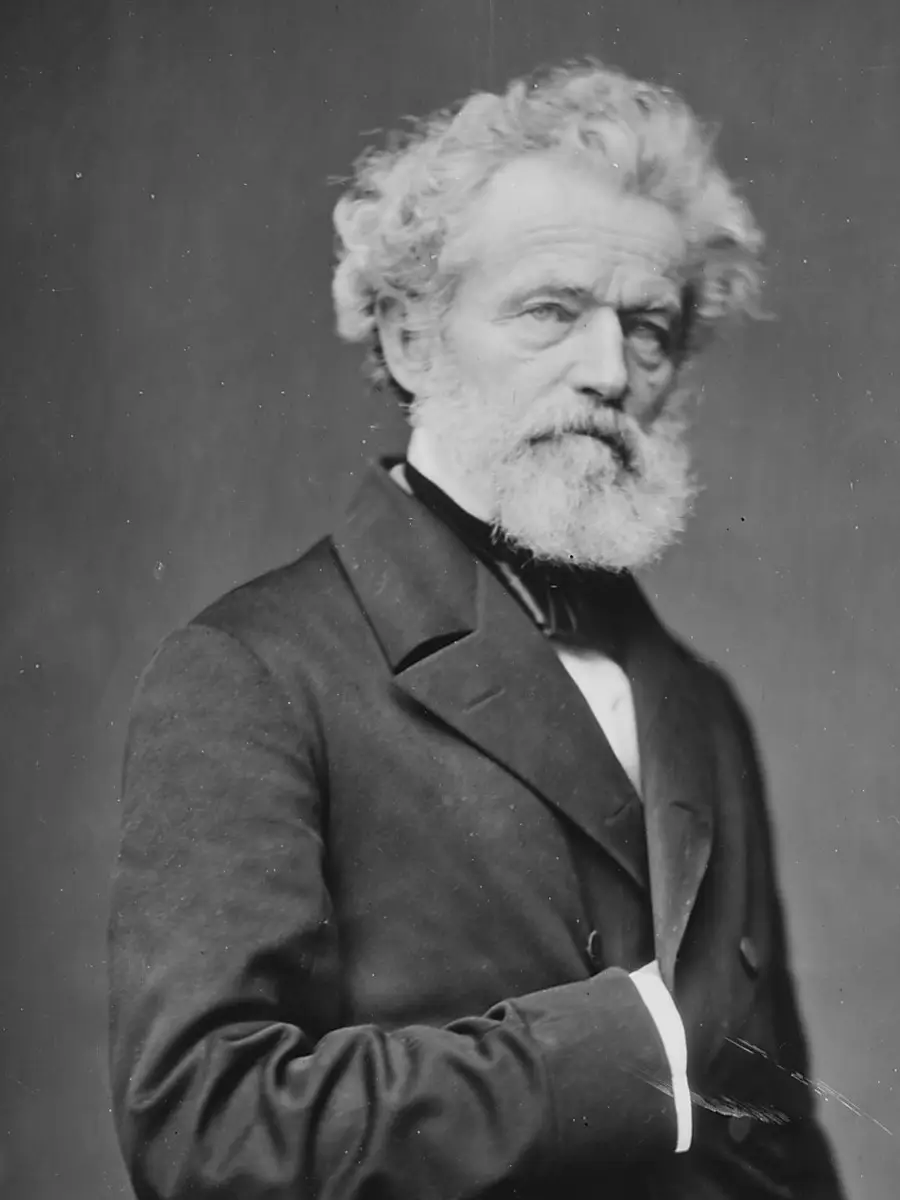
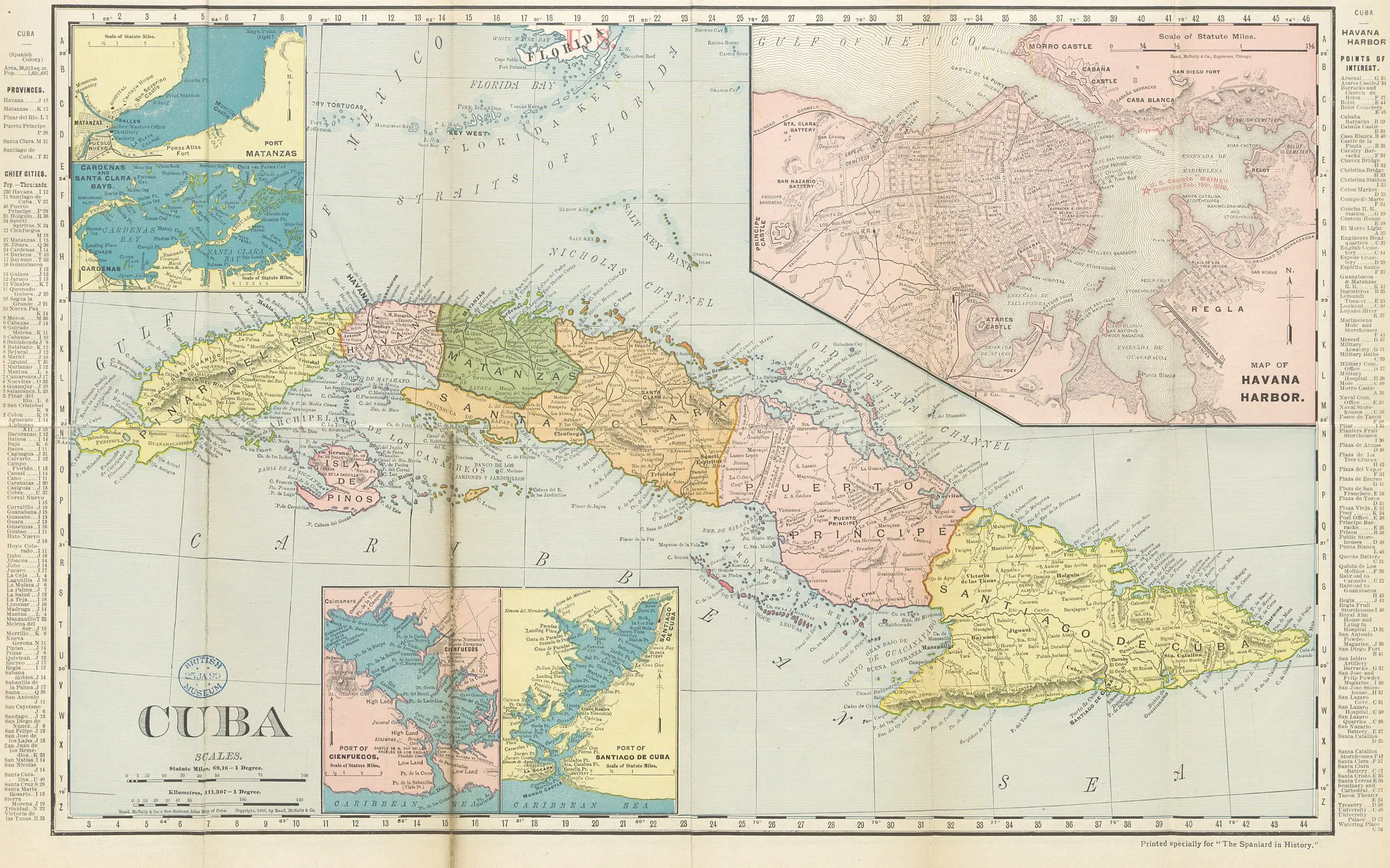
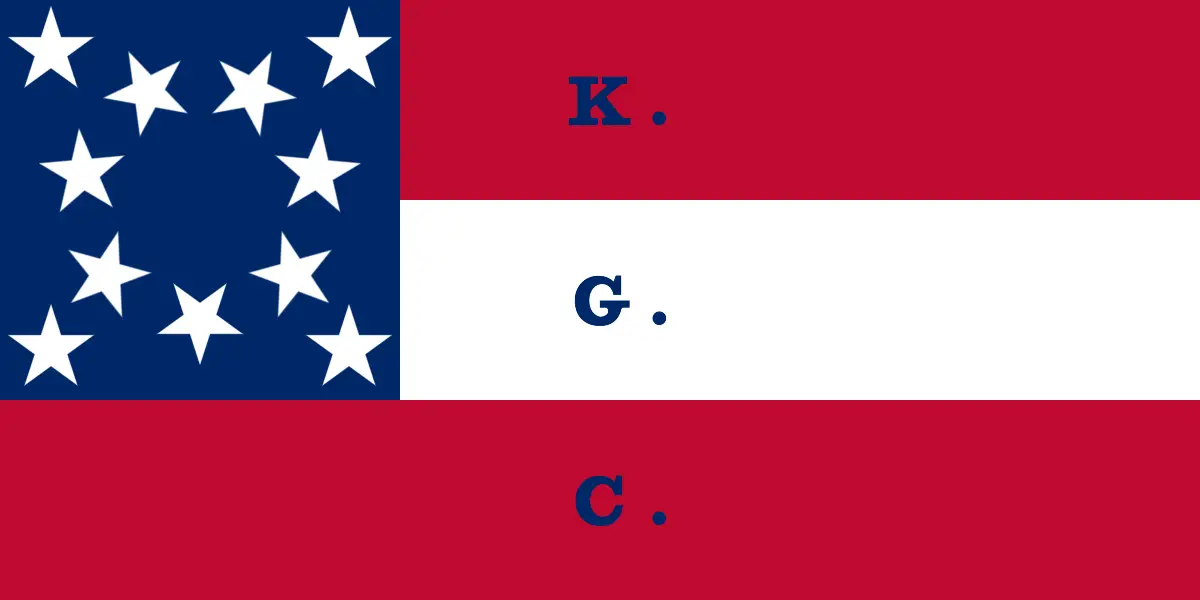
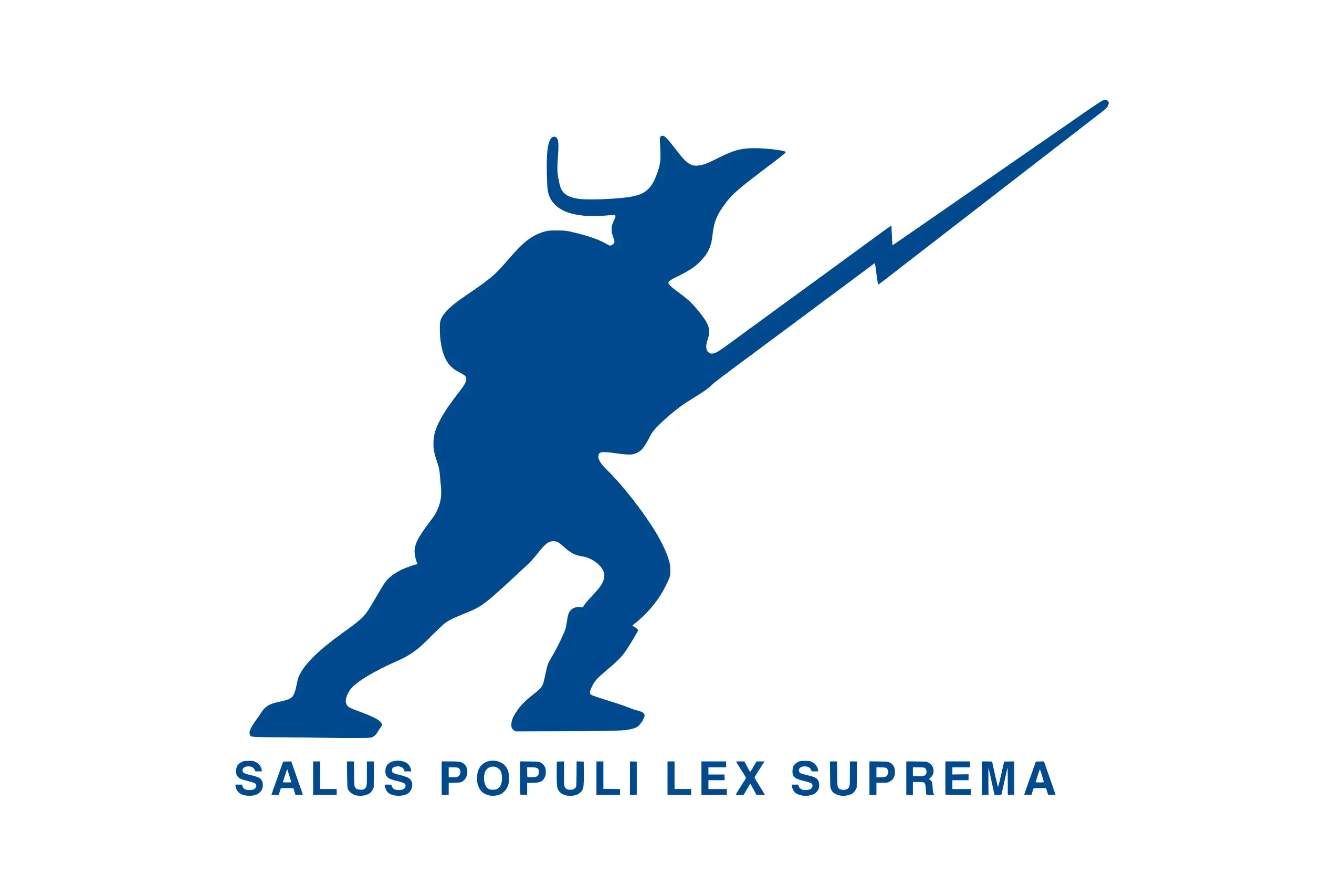
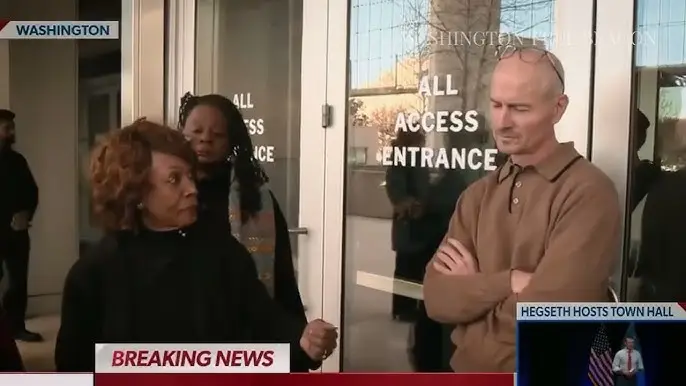
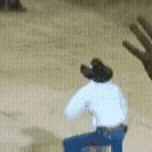


 , not even the average Latinx knows anything about Panama other than their canal and the Chacaron Macaron song, A.K.A. the official r-slur anthem.
, not even the average Latinx knows anything about Panama other than their canal and the Chacaron Macaron song, A.K.A. the official r-slur anthem.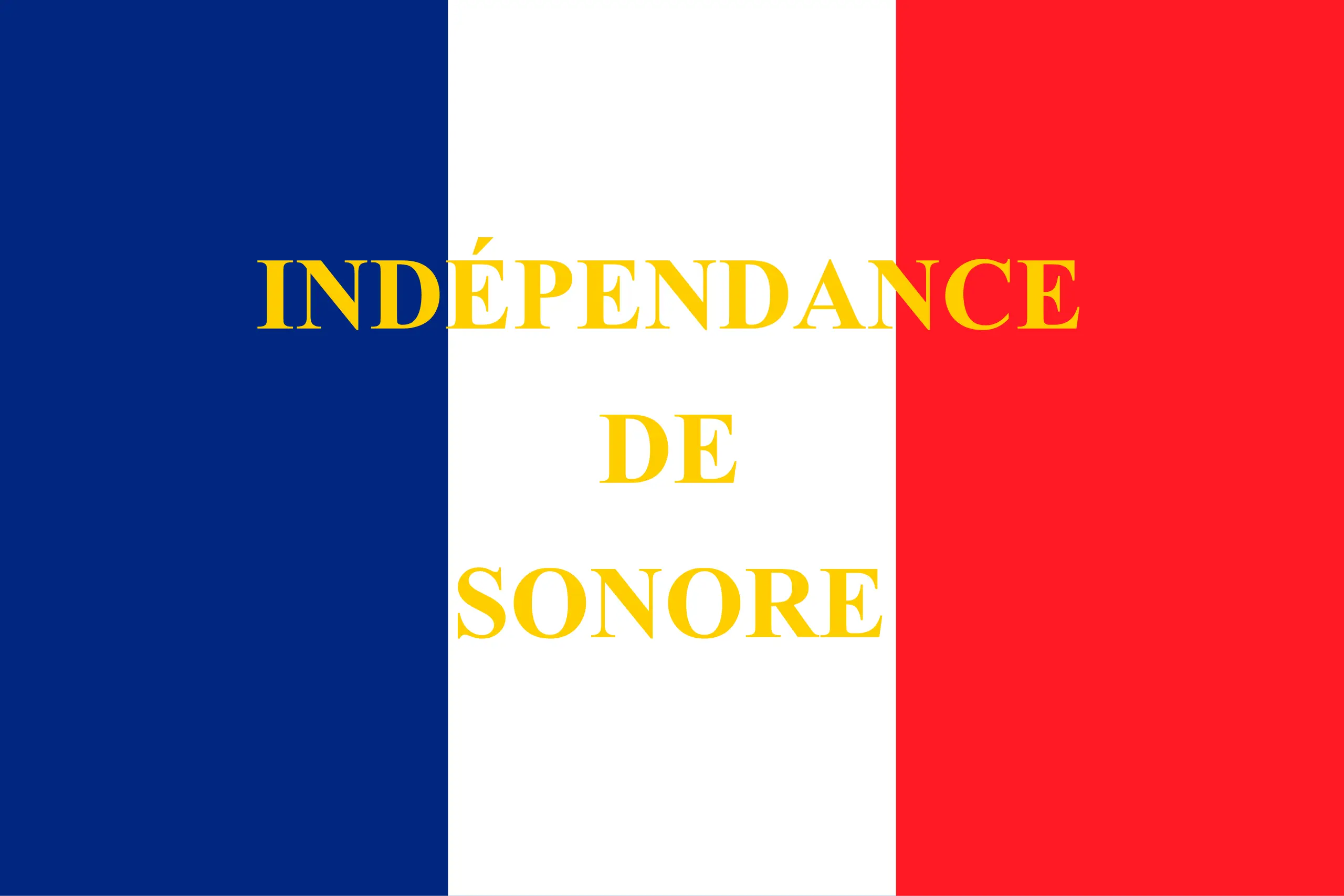




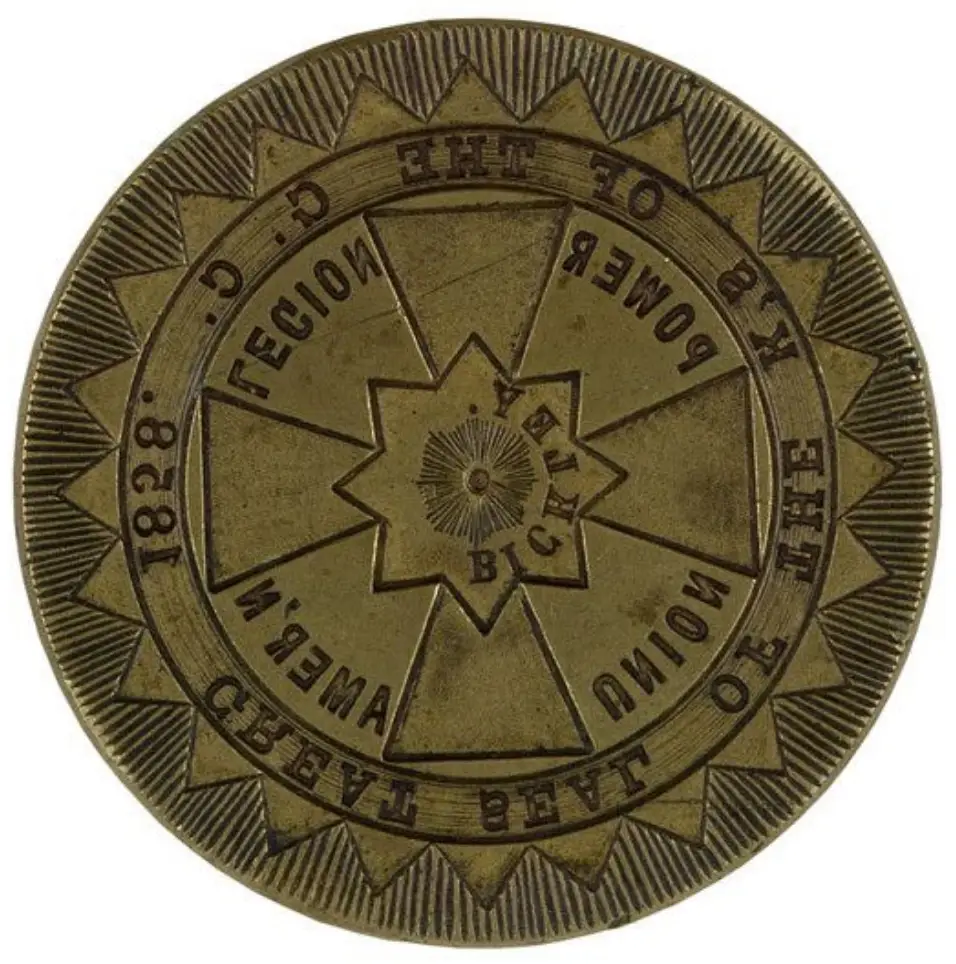

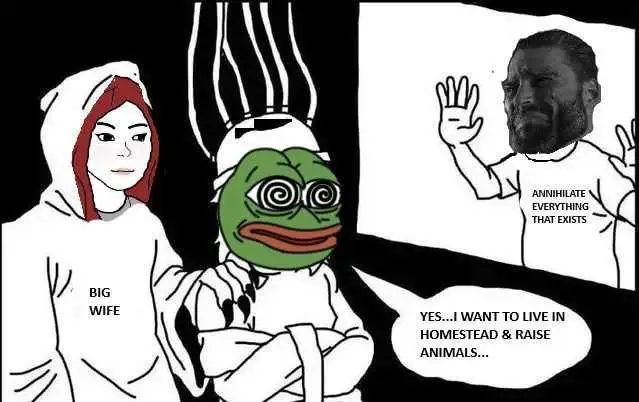
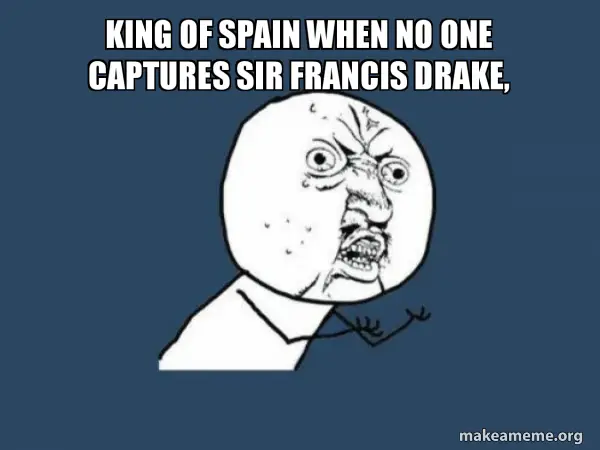








 ¡REMINDER! Only 48 hours remain to earn this year's K-O-N-G badges before they're NEVER obtainable again
¡REMINDER! Only 48 hours remain to earn this year's K-O-N-G badges before they're NEVER obtainable again 


 Super Bowl LIX Betting Thread
Super Bowl LIX Betting Thread 
















 .
. 











